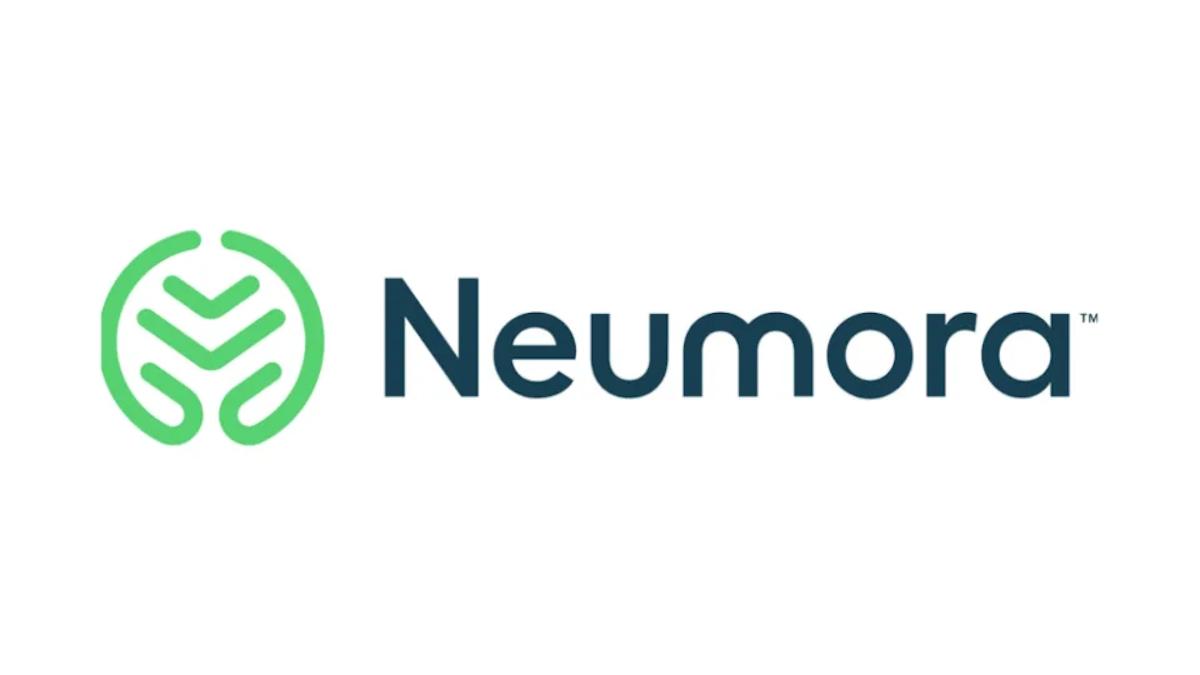Neumora laid low by depression trial failure

The first of three phase 3 trials of Neumora Therapeutics' novel antidepressant navacaprant has ended in failure, wreaking havoc with the start-up's share price.
The stock was down more than 80% on the Nasdaq at the time of writing as investors reacted to the disappointing result with the drug, which is vying to become the first kappa opioid receptor blocker for major depressive disorder (MDD).
In a statement, Neumora revealed that the KOASTAL-1 study missed its primary endpoint, with navacaprant failing to achieve a statistically significant reduction in depression symptoms – measured using the Montgomery-Åsberg Depression Rating Scale (MADRS) – compared to placebo after six weeks.
The drug also missed a secondary endpoint, the change from baseline in the Snaith-Hamilton Pleasure Scale (SHAPS) used to measure the extent of anhedonia - the loss of the ability to feel pleasure - which is a common symptom of MDD.
While Neumora still has two more shots on goal with the KOASTAL-2 and KOASTAL-3 studies, which have similar designs, the readout is a major disappointment and runs counter to promising results in a phase 2 trial of navacaprant. Reported in 2023, that data helped to set up the company's $250 million initial public offering (IPO) later that year.
Despite the top-line misses, the company said it had seen an "efficacy signal" in female patients enrolled in KOASTAL-1 that warrants further exploration. R&D chief Rob Lenz added that there is "a lot to investigate from this study, in particular the contrast in drug and placebo responses in depressed mood and anhedonia in female participants compared to male participants."
There was a 12.5-point MADRS improvement with an 80mg dose of navacaprant at week six, the same as for the placebo group, for the overall study population. Male patients seemed to fare slightly worse with the drug than control on that measure, but female patients saw a 14-point improvement, slightly better than placebo (11.4 points), with a difference that approached - but did not meet - the threshold for significance.
The pattern was repeated with the SHAPS scale, although, in this case, the females saw a statistically significant improvement over placebo (a 7.2-point improvement versus 4.9 points).
Neumora remains in a pretty good cash position, ending the third quarter with $342 million that will fund operations through 2026, even with the ongoing phase 3 programme, according to chief executive Henry Gosebruch, who promised to provide more information at the JP Morgan Healthcare Conference scheduled to take place later this month.
"The outcome of KOASTAL-1 is not what we expected, but there are encouraging trends in the data that we are analysing," said Gosebruch. Meanwhile, navacaprant is in early clinical testing for bipolar disorder, and Neumora is also running trials of candidates for agitation in Alzheimer's disease and schizophrenia.












